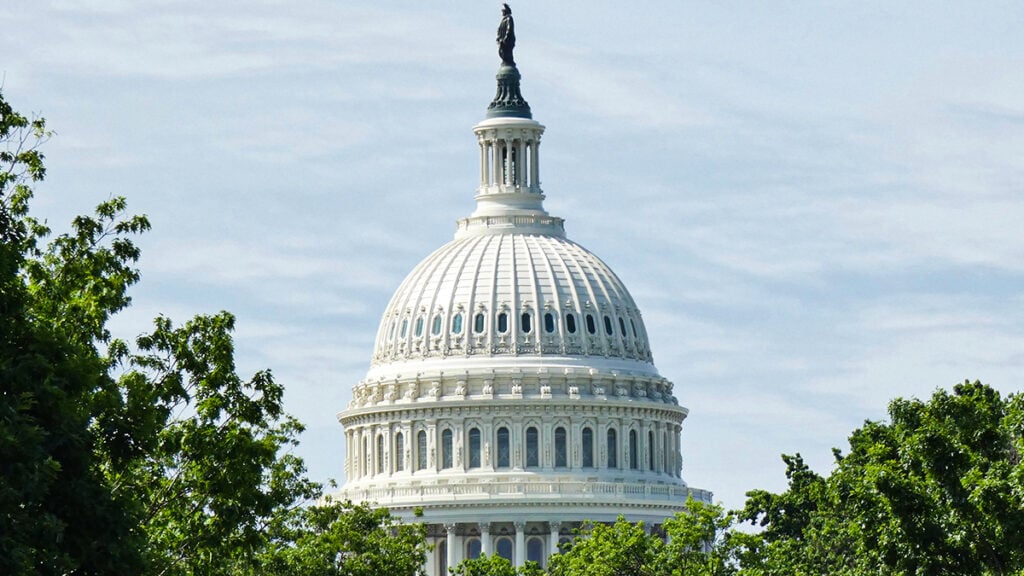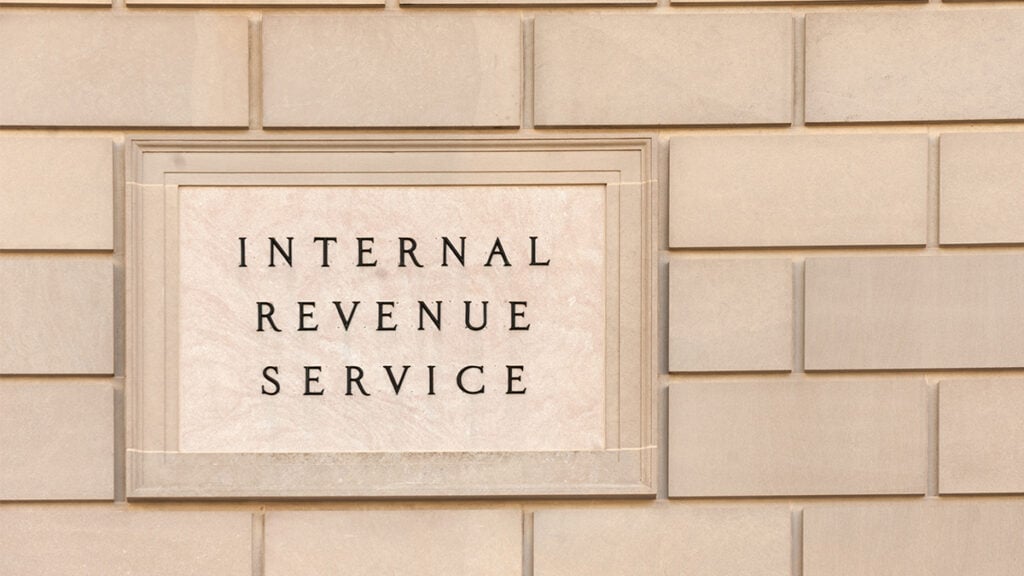
ITEP's Research Priorities
- 2025 tax debate
- Blog
- Cannabis Taxes
- Corporate Taxes
- Corporate Taxes
- Earned Income Tax Credit
- Education Tax Breaks
- Estate Tax
- Federal Policy
- Fines and Fees
- Georgia
- Immigration
- Income & Profits
- Income Taxes
- Inequality and the Economy
- ITEP Work in Action
- Local Income Taxes
- Local Policy
- Local Property Taxes
- Local Refundable Tax Credits
- Local Sales Taxes
- Maps
- Media Quotes
- News Releases
- OBBBA
- Other Revenues
- Personal Income Taxes
- Property & Wealth
- Property Taxes
- Property Taxes
- Publications
- Refundable Tax Credits
- Sales & Excise
- Sales, Gas and Excise Taxes
- Sales, Gas and Excise Taxes
- SALT Deduction
- Select Media Mentions
- Social Media
- Staff
- Staff Quotes
- State Corporate Taxes
- State Policy
- State Reports
- States
- Tax Analyses
- Tax Basics
- Tax Credits for Workers and Families
- Tax Credits for Workers and Families
- Tax Guide
- Tax Principles
- Tax Reform Options and Challenges
- Taxing Wealth and Income from Wealth
- Toolkits
- Trump Tax Policies
- Video
- Webinar
- Who Pays?
Testimony of ITEP’s Amy Hanauer Before the D.C. Tax Revision Commission
May 3, 2023
The written testimony of ITEP Executive Director Amy Hanauer is below the embedded video of the hearing. Dear D.C. Tax Revision Commission, Thank you for inviting me to testify last week on the research of my colleagues at the Institute on Taxation and Economic Policy. We’re grateful to have our perspective included and as a […]
The GOP is Finally Ready to Raise Taxes. (Or, When a Tax Hike is Not a Tax Hike.)
May 3, 2023 • By Joe Hughes

House Republicans recently voted to rescind the green energy and electric vehicle tax credits that were enacted last Congress as part of the Inflation Reduction Act. This newfound willingness to raise taxes stands in contrast to the recent position of almost the entire House Republican Caucus.

Minnesota’s House, Senate and Governor’s office have each proposed their own vision as to how the state should maximize its $17.5 billion surplus and raise new revenue, and these tax plans make one thing clear: Minnesota lawmakers are serious about using tax policy to advance tax equity and improve the lives of Minnesotans.
Arkansas Times: A Decade of Tax Cuts for the Rich (and Pretty Much Nothing for You or Me)
May 2, 2023
Taxes help pay for the public services that many of us take for granted — most of our state budget goes to funding education and health services that benefit us all, whether we personally use them or not. But there are better and worse ways for a state to raise revenue. Read more.

A compelling new examination over multiple years and multiple states found that infants are more likely to survive to age one in states that raise more revenue and raise it from those most able to pay. Generating taxes from rich people and corporations can help babies make it to their first birthday.
Policy Matters Ohio: How Ohio’s Income Tax Works – and How the House Budget Would Change It
April 25, 2023
The proposed changes to the state’s personal income tax in the House substitute budget bill are another blow to Ohio’s only tax that is based on the ability to pay, weakening the public programs, institutions, and supports that make the state strong. Read more.
The New York Times: What’s the Matter With New York?
April 25, 2023
Bashing New York City has long been a popular pastime on the right. Conservatives routinely portray the Big Apple as a dystopian wasteland. And the bashing has reached a fever pitch since Alvin Bragg, the Manhattan district attorney, announced multiple charges against Donald Trump. Read more.
The New Republic: The Future of the Expanded Child Tax Credit Is With the States (for Now)
April 25, 2023
Congress failed to renew the wildly successful measure, but state lawmakers across the country are working to bring it back. Read more.
The Lever: Joe Manchin’s Tax Hike On The Working Class
April 25, 2023
Despite representing one of America’s poorest states, West Virginia Sen. Joe Manchin (D) decided in 2021 to kill legislation to extend expanded child and antipoverty tax credits that were helping the working class. The expiration of the expanded tax credits resulted in more than three million kids being thrown into poverty. New data shows it also resulted in a massive regressive tax increase […]
Racial Justice Requires Tax Justice: Our Analysis Helps Deliver Both
April 24, 2023 • By Amy Hanauer

ITEP’s analytical approach, our comprehensive microsimulation model, and our unique state-level capacities enable us to do pioneering analyses that enrich the debate on racial justice in tax policy that no other entity can do.
The Hill: The Racial Wealth Gap Won’t Budge: There’s a Tax for That
April 24, 2023
The racial wealth gap is one of the most glaring injustices in the U.S. today. Hundreds of years of structural and legal barriers excluded and prevented Black households from being able to accumulate and hold onto wealth — and policies continue to perpetuate those barriers today. While the civil rights movement brought changes that narrowed the gap, […]

Everything! Taxing wealthy people and corporations and using the revenue for paid leave, child care, education, health care and college would transform America for girls and women of every race and family type, in every corner of this country.
Oxfam: Tax Wealth, Tackle Inequality
April 14, 2023
Wealth inequality in the US is more extreme and dangerous than income inequality; and we need to change our approach, so we effectively tax wealth as well as income. We offer five reasons why a wealth tax makes sense. Read more.
The American Prospect: The Taxman Cometh
April 14, 2023
Last week, with Tax Day right around the corner, the IRS released a highly anticipated strategic operations plan, explaining how the agency intends to operate over the next decade. Flush with $80 billion in additional funding from the Inflation Reduction Act (IRA), Treasury Secretary Janet Yellen ordered the IRS last year to develop a plan on […]
Nevada Current: ‘The Tourists Pay It’ is a Lousy Excuse for Punishing Nevadans with a Regressive Tax System
April 14, 2023
What type of business generates the most sales tax revenue in Clark County, home of the Fabulous Las Vegas Strip? If you guessed “food services and drinking places” ding ding ding you are right. Read more.
Arkansas Times: Making Arkansas Worse Again
April 13, 2023
With the 2023 legislative session blessedly at its end, Arkansas progressives (plus moderates and anyone to the left of the Proud Boys) know what complete and utter political defeat looks like. Read more.
Video of ITEP’s Amy Hanauer at Bloomberg Government’s 2023 State Policy Breakfast
April 12, 2023
On April 12, ITEP Executive Director Amy Hanauer joined Bloomberg Government’s 2023 State Policy Breakfast to discuss current legislative trends and developments in State Houses across the country. You can watch the video here.
Testimony of ITEP’s Marco Guzman Before the Nevada Assembly Committee on Revenue
April 10, 2023
For a video of Marco’s testimony, click here. Thank you, Assemblywoman Anderson, and thank you chairman and members of the Assembly for the opportunity to speak on the topic of Nevada’s state tax system. My name is Marco Guzman, and I am a Senior State Policy Analyst with the Institute on Taxation and Economic Policy […]
The Oklahoman: Sen. Kirt: Tax Credits are a Reverse Robin Hood, Robbing Public Schools of Needed Resources
April 7, 2023
Private school voucher proposals have moved through both the House and Senate over the last few weeks. Now we cannot be sure what final deal may come out of negotiations and whether it will stall or move forward to the governor’s desk. Read more.
Oregon Center for Public Policy: Beyond the Water’s Edge: Oregon Can Make it Harder for Corporations to Hide Profits Overseas
April 6, 2023
Oregon can clamp down on multinational corporations shifting profits overseas, create a more level playing field for Oregon businesses, and raise millions in revenue by enacting “complete reporting” by large corporations. Read more.
Oklahoma Policy Institute: Tax Proposals This Session Fail to Deliver Inflation Relief, Jeopardize State’s Long-term Fiscal Health
April 6, 2023
With $10.8 billion in recurring revenue and at least $1.6 billion in one-time funds, the Oklahoma Legislature has significant fiscal decisions to make this session. Oklahoma leaders have repeatedly stated their intentions, including House Speaker Charles McCall who wants to provide “inflation relief” and Gov. Kevin Stitt who heralds a commitment to “fiscal discipline.” However, most of […]
Policy Matters Ohio: Testimony on HB 33 Before the House Finance Committee
April 4, 2023
This general assembly has the good fortune of budgeting in a time of surplus. Smart federal policy drove cash to people and businesses so when the worst of covid passed, the economy could rebound. The federal government has also sent crisis dollars to states, propping up potential shortfalls and funding major investments in many areas […]

Lawmakers have repeatedly stepped on the same rake of slashing tax rates and expecting revenues to magically go up. Now they want middle-class Americans to be the ones who get hit in the face. The con is getting tired. If Congress wants to reel in the debt then it’s time to raise taxes on the wealthy.
Minnesota’s Tax Code Should Be Based on Ability to Pay, Not Year of Birth
March 31, 2023 • By Carl Davis, Eli Byerly-Duke

Minnesota lawmakers are considering a carveout that would treat seniors much more favorably than young families. The proposal would fully exempt all Social Security income from state income tax, even for seniors with exceptionally high incomes.
Arkansas Advocates for Children: Vital Services At Risk With Income Tax Elimination
March 31, 2023
We all want to live in a state with great schools, well-maintained infrastructure, thriving communities, and strong families. But Arkansas’s Governor and many legislative leaders have expressed their support for sharply cutting – or even eliminating – our personal income tax, which would undermine our ability to ever achieve this goal. Read more.
